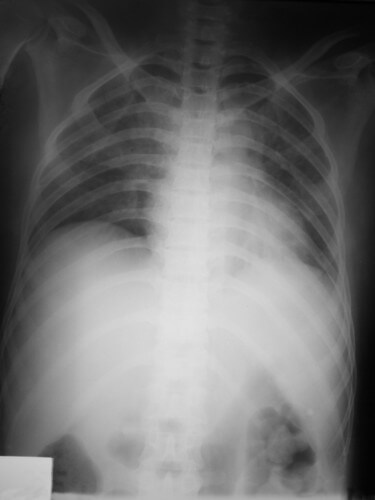What makes a normal and harmless bacteria deadly?

Bacteria are everywhere around us and inside us. Some of them are harmless, some of them are beneficial and some of them cause diseases. Others, such as the common bacterium Streptococcus pneumoniae, evade classification. They act as double agents capable of suddenly changing their character from good to bad.
Usually the bacteria of this type reside in the nasal passages of humans without harm. However, from time to time when the bacteria feel in danger, they disperse to other areas of the body to save themselves and then they make us sick. These bacteria cause serious diseases, such as pneumonia, which is the leading cause of child mortality in the world. "But these are random disease agents," says Anders Hakansson of the State University of New York at Buffalo.
However, there is evidence of a high positive correlation between the flu and the pneumonia that occurs immediately after and is caused by the bacterium S. pneumoniae. However, no one knows exactly how the bacterium becomes virulent. This is what Kenson and his colleagues decided to investigate.
They found that the change probably stems from the human body's immune response to the flu. When the body reacts to the flu virus by increasing body temperature and releasing stress hormones, such as norepinephrine, the bacteria react to these changes in their environment. They disperse outside their colonies and begin to express different genes that make them virulent to respiratory cells, the team reported in the online journal mBio.
The bacterium's ability to intercept hormones and distress calls from human body cells is called "interstate signaling", in this case a bacterium capable of receiving signals from the animal kingdom. Scientists are beginning to understand that such an ability is a mechanism that plays a key role in biology. The Kenson says that because S. pneumoniae is a permanent resident of the human body, it is natural that he will open ways to read the changes in the landscape of his homeland. "We are the ecological niche of the bacterium," says Hakanson.
The article was published with the permission of Scientific American Israel

One response
But why a picture of lung cancer? You talked about bacteria, pneumonia.